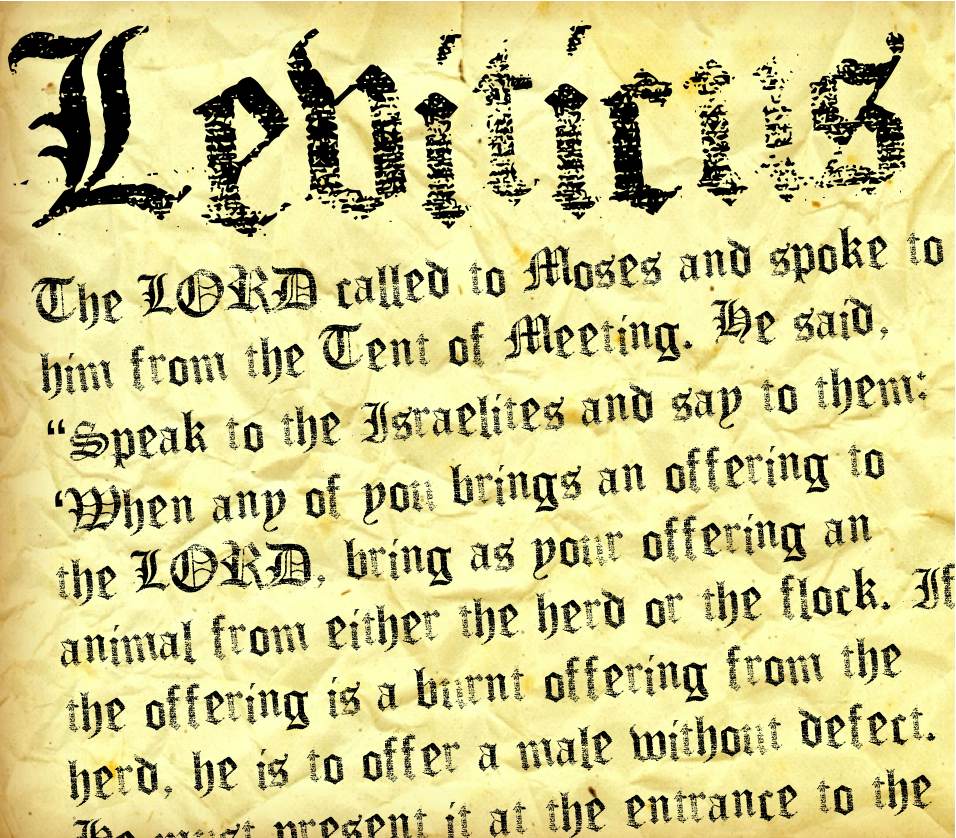People of the Pendulum

I wish I could remember where I heard the expression and who said it, but I remember hearing somebody using the phrase “people of the pendulum.” What I do remember is that statement was not made about any particular group of people. Instead, the phrase was used in a way that was meant to communicate that all of us have a tendency to swing from one extreme to another.
I am typing these words as the 2020 political season is heating up. In the opinion of some observers we are more polarized politically than we have been in previous years. It seems to some that we have gotten to the point that to be a “moderate” politically is a bad thing.
Since I’ve spent almost all of my adult life as a preacher of the gospel, I’m particularly interested in encouraging people to resist the temptation to become “people of the pendulum” when it comes to our understanding and practice of what we find in God’s Word. Please consider a few examples with me.
- There are those who believe that the sum total of what we are obligated to live by are The Ten Commandments (and the rest of the Old Testament), while there are others who seem to believe that the Old Testament is of no value at all for twenty-first century Christians..
The Bible presents a much different picture than either of these extremes. It is true that Jesus fulfilled the Old Testament Law (cf, Matt. 5:17), that it was nailed to the cross (cf. Col. 1:14), and those who attempt to be justified by it have “fallen from grace” (Gal. 5:1-4).
However, this by no means indicates that the Old Testament is of no value whatsoever. We are informed that “…it was written for our learning..” (Rom. 15:4) and that it was our “…schoolmaster to bring us to Christ” (Gal. 3:24).
- One of the great disagreements among some has to do with the relationship between faith and works. Some teach and practice what appears to be a doctrine of “works only salvation.” These people might need to revisit Matt. 7:21-23. In that passage, they will read about people standing before Jesus in judgment “reminding” Him about all of the good works they have done. According to Jesus, He will tell them that He never knew them.
Others unabashedly teach the doctrine of “faith only.” They may be surprise to learn that the only time that the phrase “faith only” is in the Bible is in James 2:24:
Ye see then how that by works a man is justified, and not by faith only. (emphasis added)
Is there a balance between “works only” and “faith only?” There certainly is and there is a “key ingredient” that puts it all together. The pendulum seemingly stops moving here:
For in Christ Jesus neither circumcision nor uncircumcision counts for anything, but only, faith working through love. (Gal. 5:6, emphasis added)
- What about the “worship wars” that are currently an issue among so many people and groups? Is our worship to be governed by our emotions (how we feel) and what pleases us or are there certain divinely inspired guidelines?
Jesus answered that in John 4:24 when He said that worship must be “…in spirit and in truth.” That statement indicates that there is an emotional component to our worship. It also states clearly that our worship must be guided by truth. That truth, of course, is the Word of God (cf. John 17:17).
- What about the nature of God? In both 1 John 4:8 & 16, John is inspired to write that “God is love.” Six times in the Old Testament, the word “jealous” is used to refer to God. Are there, as some would tell us, two different Gods or does the nature of God change as we turn the pages of our Bibles from the Old Testament to the New Testament? Could there be another option?
Can only one of your attributes completely describe you? Is it not true that it might take more than one or two adjectives to attempt to “sum up” who you are? Why would we not allow that to also be true with reference to God?
As you think about that, please consider this passage:
Therefore consider the goodness and severity of God… (Romans 11:22, emphasis added)
There are many more areas and subjects which could be discussed. These are just a few that came to my mind as I thought about people being characterized as people of the pendulum.
It seems to me that, as I study the Bible and consider its contents, I am reading material that is balanced in the presentation of its truths. It also seems to me that people who live by these truths will not be prone to going from one extreme to another in their personal lives, in their dealings with others, and/or in their devotion to God. In short, they will not be people of the pendulum.
To Receive Every Article from A Legacy of Faith through Email for Free, Click Here
AUTHOR: Jim Faughn


